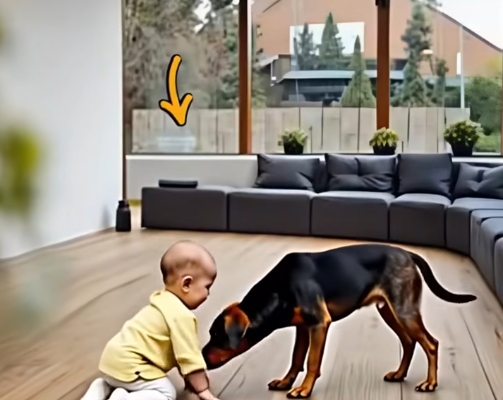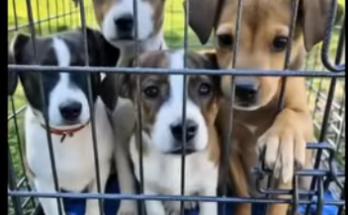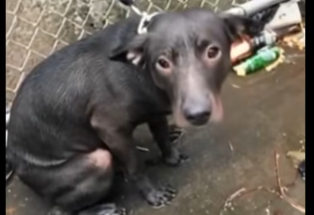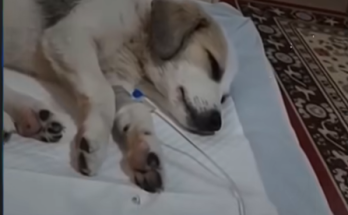In a quiet little town, where life moved gently and predictably, Svetlana and her young son Artyom lived in a small, warm world of their own. Their days were filled with laughter, homemade meals, and the comfort of routine. They didn’t have much in the way of riches, but their life was rich in all the ways that truly mattered — love, connection, and the simple joys of everyday moments.
Then came the day that shattered everything.
It only took a moment — a brief distraction, a phone call, a turned back — and tragedy struck. Artyom had slipped away from his mother’s sight and, in a flash, was hit by a passing car just beyond their courtyard. The sound, the shock, the ambulance — it all became a blur that Svetlana could hardly recall without breaking down.
At the hospital, the doctors gave their verdict: a severe neurological injury. The entire left side of Artyom’s body was paralyzed.
“He may never walk again,” one of them said gently. Svetlana felt her world collapse.
What followed were endless hospital visits, physical therapy sessions, and sleepless nights. Svetlana clung to hope, but the progress was painfully slow. Artyom remained a bright, cheerful child, but his immobile limbs were a constant reminder of what had been taken from him — and of the moment his mother couldn’t prevent.
She blamed herself. Every smile he forced felt like a knife to her heart. Every attempt to move his hand, every stumble in physical therapy, reminded her of what they had lost. As weeks turned into months, hope began to fade.
Then, one day, her old friend Elena — a child psychologist — suggested something unexpected.
“Try adopting a dog,” she said. “Animals can do things that medicine sometimes can’t. They heal, in ways we can’t always understand.”
Svetlana hesitated. She had never owned a pet, and she could barely take care of everything else as it was. But deep down, she knew they were running out of options — and maybe out of time.
That weekend, they visited a local animal shelter. Dozens of dogs barked and jumped, but one sat quietly in the corner — eyes dark, thoughtful, still. His name was Max. No one knew much about his past. He had been found abandoned, tied to a tree, malnourished but calm.
When Artyom saw Max, something shifted.
The boy, usually reserved and quiet, reached out with his one working hand and whispered, “He understands me.”
And from that moment, Max never left Artyom’s side.
They slept together, played together, watched cartoons side by side. Max was gentle, patient, and oddly intuitive — as if he knew exactly what Artyom needed. It started small: a smile here, a stretch there. But then, something miraculous happened.
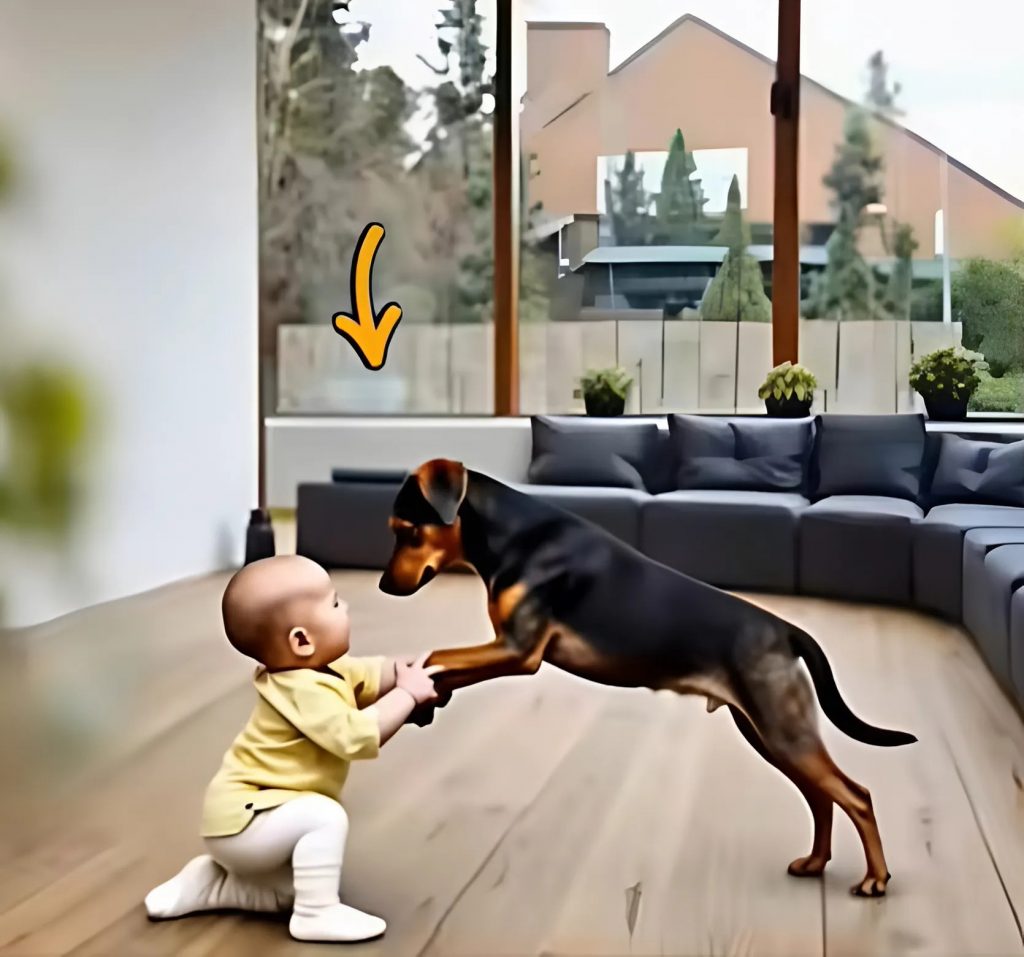
One day, Svetlana saw Artyom trying to pet Max with his paralyzed hand. The fingers trembled slightly. It was barely a movement — but it was something.
The therapists were astonished. With Max’s presence, Artyom became more engaged, more motivated. He tried harder. He smiled more. He began to regain movement, little by little. Max, always near, encouraged him without words — only with presence, with loyalty, with a kind of silent strength.
Svetlana, once drowning in guilt, now had hope again. She no longer felt helpless. She saw the light returning to her son’s eyes — and to her own.
News of the story began to spread. Teachers, neighbors, even journalists reached out. A local paper ran a feature about Artyom and Max. Then a national TV station picked it up. Soon, their story was being shared online — a small family, a boy recovering against the odds, and the dog who saved him.
Max became a symbol — not of tragedy, but of recovery. Of loyalty. Of the invisible power that love can have, even when it comes in the form of four paws and a wagging tail.
Today, Artyom walks. Not perfectly, not without effort — but he walks. He plays, he hugs, he dreams. And Max is still there, every step of the way, lying beside his bed at night, waiting at the door every morning, tail wagging as if to say, “Let’s keep going.”
Svetlana still tears up when she tells the story. Not out of sadness, but out of wonder. She believes Max came into their lives for a reason — not just to help her son walk, but to help them both heal.
Because sometimes, the purest form of medicine doesn’t come in a bottle or a hospital bed.
Sometimes, it comes on four legs, with a heart big enough to carry your pain — and your hope.
